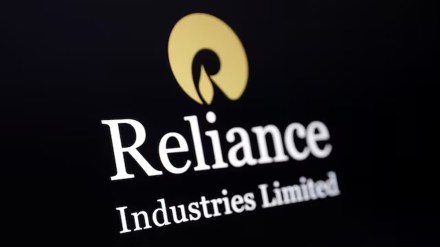Mukesh Ambani-led Reliance Industries, the top Indian buyer of Russian oil, plans to adjust crude imports from Moscow, as per a report by Reuters. The move is to align with guidelines from the Indian government after the US and Europe ramped up sanctions against Russia, the Reuters report noted citing a company spokesman.
“Recalibration of Russian oil imports is ongoing and Reliance will be fully aligned to GOI (Government of India) guidelines on the extent of recalibration,” Reliance said in response to a Reuters query on whether the company plans to cut its crude imports from Russia.
Trump claims Modi assured India will limit Russian oil imports
US President Donald Trump earlier said that while discussing trade with India, Prime Minister Narendra Modi had assured him that India would limit its oil purchases from Russia. There has been no confirmation from the Indian government on this. However, Mint earlier reported that the Indian side may not make any formal announcement on this front. Instead, state-run oil marketing companies are expected to be informally advised to diversify their crude sourcing towards the US.
According to a report by Mint the US may reduce tariffs on Indian imports to 15–16% from steep 50%, which includes 25% tariff as a punishment for India for purchasing Russian oil.
Indian refiners review Russian oil deals
According to a Report by Reuters on October 23, Indian state refiners are reviewing their Russian oil trade documents to ensure that no supply will be coming directly from Rosneft and Lukoil after both companies were sanctioned by the United States on Wednesday.
While the US and India are trying to finalise a trade agreement that has stalled over issues related to agriculture and genetically modified (GM) products, Mint also reported that India may allow increased imports of non-genetically modified US corn and soymeal in response to rising domestic demand from the poultry feed, dairy, and ethanol industries.
“Talks are also advancing on permitting imports of non-GM soymeal for both human and livestock consumption. However, there is still no final clarity on tariff reductions for dairy products, including high-end cheese, even though it is a key demand from the US team,” reported mint citing a source.
